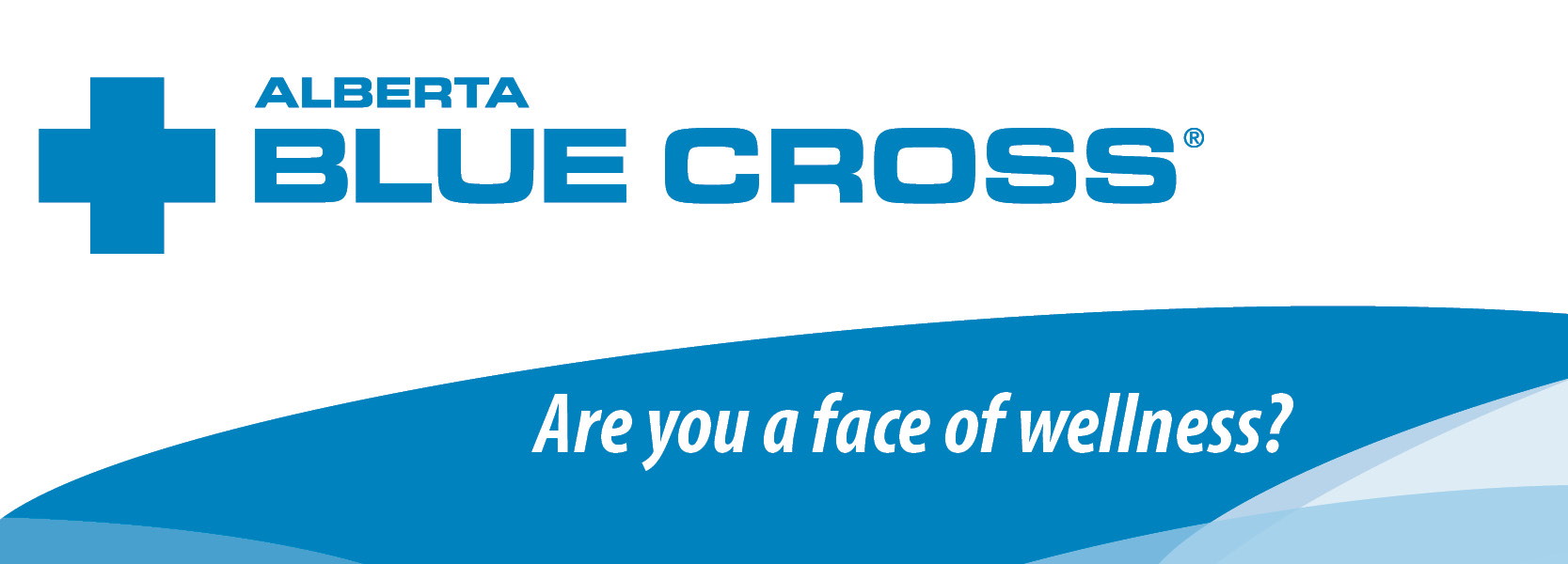
Edmonton restaurants grapple with proposed ban on single-use items
By
Brett McKay and
 Mack Male
Mack Male
While some local restaurants have already eliminated the use of plastic straws, others are worried about the potential impact of Edmonton's proposed bylaw to ban or reduce the use of many single-use items, including plastic bags, cutlery, and Styrofoam containers.
Katy Ingraham, the owner of Fleisch Delikatessen, said cost and accessibility are concerns the restaurant industry will need to grapple with.
Fleisch has not stopped offering any single-use items, but only provides straws when requested. "We use compostable packaging where possible, but it's pricier," Ingraham told Taproot. "Chains and larger restaurant groups will likely be able to adapt and absorb these costs," she said. "Independents not so much."
As momentum for a ban on plastic straws gained steam in recent years, dozens of local restaurants decided to eliminate their use. Workshop Eatery owner and head chef Paul Shufelt said his restaurant was going through more than 150 straws per day when it made the decision to stop using them for the environment.
"They can't be recycled. There is really nothing you can do with them. They just end up in the landfill, or worse, in the lakes or the oceans," he told CBC News in 2018.
Shufelt estimated he would save hundreds of dollars each year with the change.
According to Waste Free Edmonton, research supports the notion that a ban might actually save businesses money. "Restaurants that switch to reusable food service items are estimated to save at least $1,000, even once the cost of washing facilities are included," it said. They also save money by not automatically offering single-use utensils, napkins, and other accessories that customers may not even use.
Restaurants Canada disagrees, suggesting in a news release earlier this year that "the industry will take on an estimated 125% increase in costs" due to the forthcoming federal ban on single-use plastics. "This does not account for the costs associated with the increased demand for such products resulting in supply shortages," it added.






